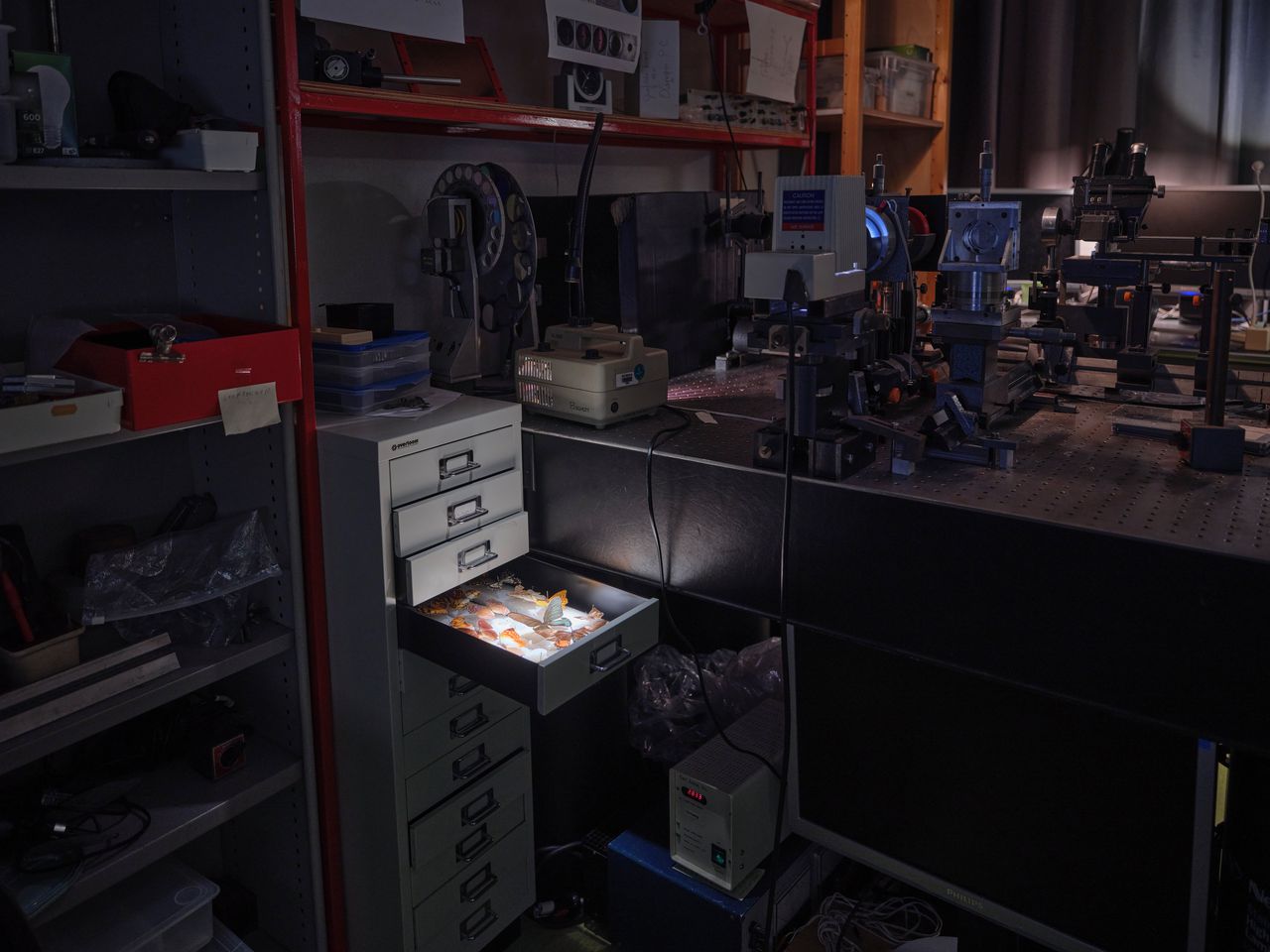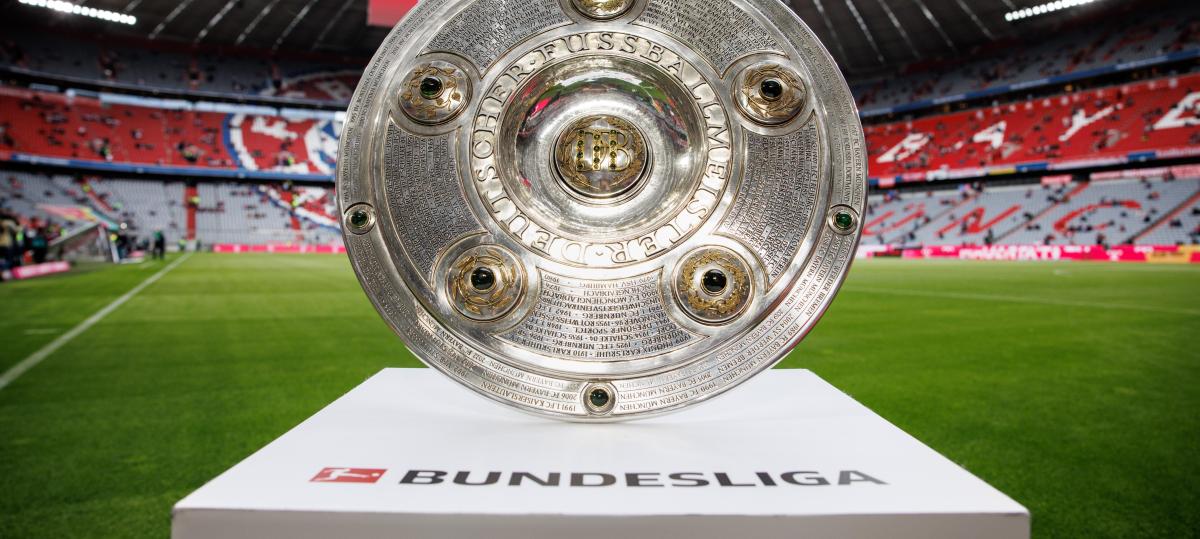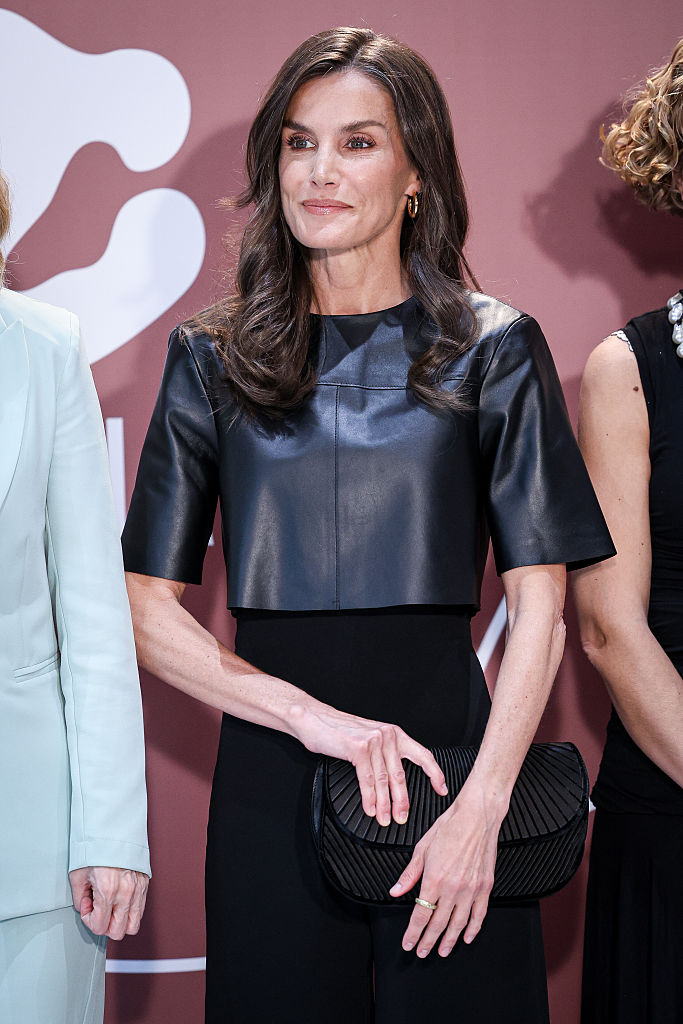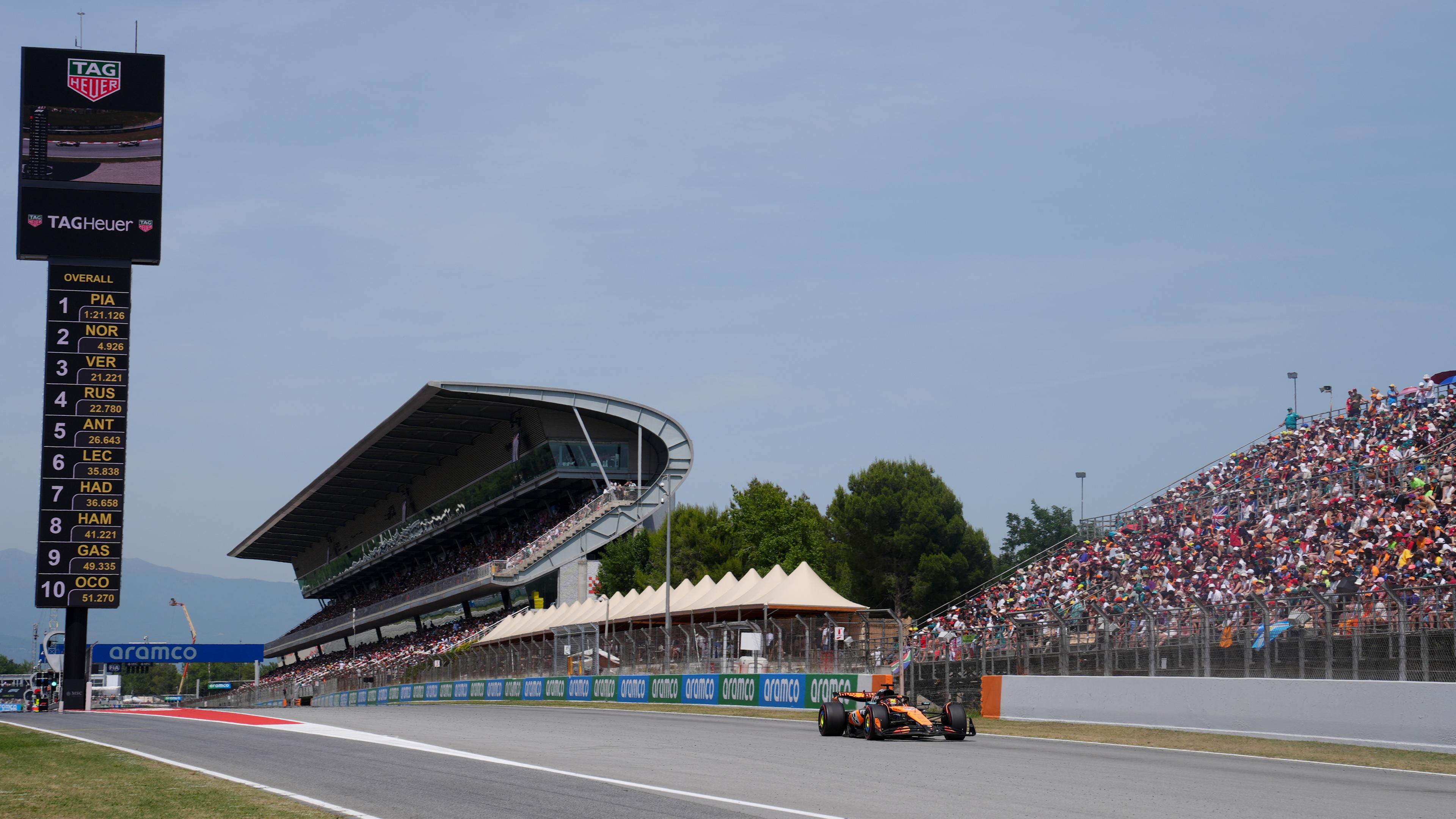What does NRC think | The coalition does not make a serious impression, and so lets the voter abandon
:format(jpeg):fill(f8f8f8,true)/s3/static.nrc.nl/taxonomy/bf9b707-commentaar-itemafbeelding-2024.png)
It just doesn’t want to be serious in the coalition of PVV, VVD, NSC and BBB. And the longer this situation lasts, the more problematic it becomes. The Netherlands is ruled by four parties that do not seem to be able to handle the weight of their role. They mistrust and fear each other, do not come up with highly necessary policy, and also abandon the voters they had lured with great promises. How long will this continue, the fear and misery in the empire of Schoof?
The press conference of PVV leader Geert Wilders was another proof of this attitude. Last Monday present He, strikingly in the Nieuwspoort press center, with the collected parliamentary press, a ten -point plan with measures to combat immigration. These points were an outright motion of no confidence against his own minister who is about this, Marjolein Faber (asylum and migration). The plan could not be taken seriously, most proposed measures had already been rejected by the other coalition parties at an earlier stage. It seemed to be meant to win the next elections. The PVV is in a bad way in the polls, the suspicion in the party is that coalition fellow VVD wants to drop the cabinet as quickly as possible, and the attention for migration, their subject, has fallen considerably in the political debate. It was immediately clear that Wilders’ threat to blow up the cabinet within a few weeks was not a real threat at all. It was about making it clear to the PVV voter that he was still there. Profiling is always paramount in this coalition. If Wilders really wanted the cabinet to achieve something on migration, he would have given Faber long-commissioned to look for majorities in the Senate for her asylum and migration laws. Faber does not do the political handicraft, rarely takes the phone. Wilders seems to find it best. It shows how difficult the transition from populism goes to government power.
At least as sad is that the other three coalition parties do not seem to take their role much more seriously. They barely distanced themselves from Wilders’ far -reaching and sometimes anti -right proposals. Wilders demanded – again: with the threat to blow up the cabinet – that the boundaries are closed for asylum seekers. He wants to use the army for that. According to Wilders, single people with a residence permit must leave asylum seekers’ centers after fourteen weeks, even if there is no shelter yet. Wilders’ ten point plan earned a solid reply from the coalition, and that was not there. Dick Schoof is completely absent. In his weekly press conference he did not make it clear what, according to Hém, the Prime Minister of the Netherlands, the legal or human limits are. He acted as a neutral observer along the sidelines. After almost a year of rule, Schoof can sometimes realize that the cabinet is ruling, not Wilders.
The apathy, the diving away with difficult questions, calling: this coalition makes no serious impression. That does not only apply to Wilders. In the field of agriculture and nitrogen, the cabinet should also have come up with policy. The file is in the hands of a party, BBB, who promised to solve everything. NSC, the party that says he exists to guarantee the rule of law and good governance, tolerates the daily attacks on democracy and the rule of law of a coalition fellow. And the VVD can blame the other three parties ‘immature politics’, this party is also permanently in a campaign position and does not seem to want to invest in an effective cabinet. All this leads to a standstill on large files, and a policy of shifting. The budget on Prinsjesdag and the Spring Memorandum showed the same pattern, each time the cabinet delays real policy, difficult choices.
The voter is the big loser of this. He sees a cabinet that started with big words, that would deal with a self -turned political culture. But the four coalition parties do not live up to that promise. They get bogged down in profiling, gossip and administrative stagnation. That is not only Wilders to be charged, although he makes it the furst on a daily level. He attacks his coalitionmates in a routine way, puts the prime minister for Schut and controls the conversation. But the other parties give him that space. Do they distance themselves from Wilders’ rhetoric and do they drop him and the cabinet if necessary? Or do they show that, despite the difficult collaboration with the PVV, they can get something done with him? They are hosted now, give the impression to no longer believe in it. That is irresponsible. Wilders’ anti -right -wing ideas deserve a reply. And the voter is entitled to a cabinet that rules.


/s3/static.nrc.nl/images/gn4/stripped/data133101536-0efed2.jpg)
/s3/static.nrc.nl/images/gn4/stripped/data133096449-edad17.jpg)




